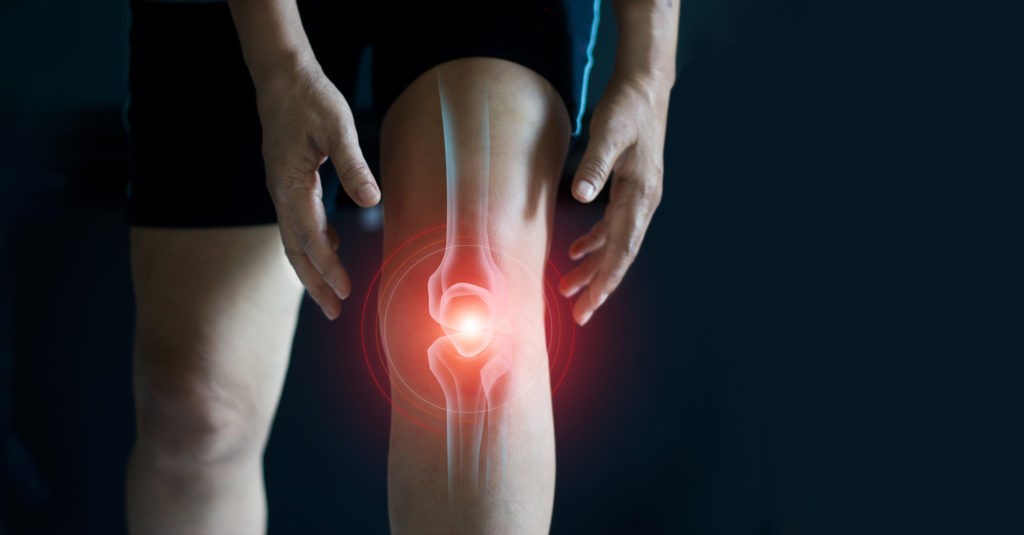
Knee discomfort is a prevalent concern among elderly persons as well as younger sportsmen. One of the most common causes of knee discomfort is a knee injury. Knee discomfort can be caused by arthritis, strain, osteoporosis, specific types of workouts like running, and repeated movements.
Exercising properly, maintaining a healthy weight, stretching, and performing specific knee exercises can all considerably aid in your recovery. You’ve come to the right place if you would not want to take painkillers and would like to find natural ways to relieve your terrible knee joint pain. We’ve compiled a list of foods that can help you recover from knee discomfort.
12 foods that help in healing knee pain naturally :-
Red Peppers
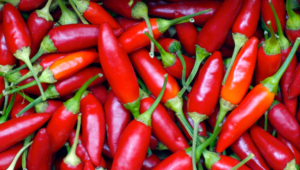
In addition to providing a significant amount of vitamin C and lowering inflammation, red pepper intake contributes to the formation of collagen. Collagen is crucial for maintaining the integrity of joints and also providing structure to muscles.
Collagen provides additional cushioning to sore joints, allowing them to stay aligned and far less bothersome. The red pepper diet decreases pain while also supporting cartilage, tendons, and ligaments, giving you complete assistance.
Leafy Green Vegetables
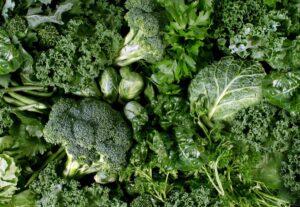
As we get older, we tend to forget necessities, which can lead to a slew of health issues. Vitamin K, which supports your joints, is abundant in dark green veggies like broccoli and Brussel sprouts. Leafy greens like spinach and herbs are great for fighting free radicals in the body.
Intake of such green veggies not only increases the antioxidant balance in the bloodstream but also helps to raise calcium and magnesium ions levels. The carotenoid component of these deep green and leafy vegetables substantially slows cartilage deterioration.
Green Tea
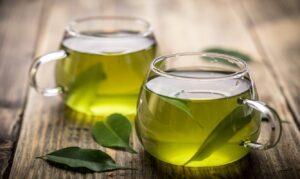
Green Tea is more of a super drink,’ but it’s worth considering as part of a pain-relieving food regimen. It’s been discovered that EGCG, a chemical contained in green tea, can suppress the molecules that cause pain and joint injury. Simply put, it helps to reduce inflammation and pain, which is precisely what you want when you have knee pain.
Green tea takes some getting used to, and some individuals find it to be overly unpleasant. If that’s the case, you can add ginger or any other herb to the mix.
Fruits
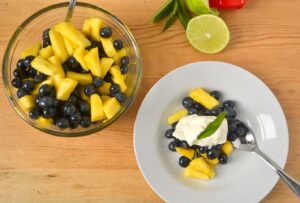
Specific fruits, like veggies, are more helpful than others when it comes to lowering swelling and pain. Anthocyanins, amongst the most potent flavonoids, are abundant in blueberries. They facilitate the body’s inflammatory responses to be turned off. Apples are yet another fiber-rich, anti-inflammatory fruit that also has gut-health advantages. Bromelain, a vitamin that has been demonstrated to alleviate joint physical discomfort by osteoarthritis and rheumatoid arthritis, is another reason pineapple is included.
Lycopene, a potent antioxidant, is found in tomatoes. Sauteed tomatoes are even higher in lycopene than raw tomatoes. To receive the most benefit, consider eating the skin.
Beans and lentils
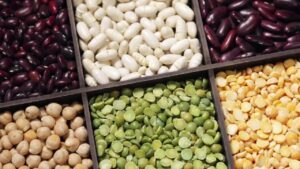
Beans and lentils are well-known for their nutritional value. Protein, fiber, and vital minerals are all abundant in them. Antioxidative and anti effects are also present. Anthocyanins, the miraculous flavonoid which decreases inflammatory response, can be found in black beans, lentils, chickpeas, pinto beans, and soybeans.
Avocado
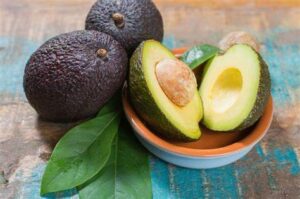
There’s no questioning that avocado offers numerous health advantages, one of which is cartilage repair. Avocado is high in monounsaturated antioxidant oils, which help the body combat free radicals and reduce inflammation.
This superfruit also includes important fatty acids and beta-sitosterol, which help to restore tendons and ligaments. It’s also high in Vitamin E, which improves weight-bearing capacity and reduces joint stress. Avocado’s anti-oxidant and anti-inflammatory qualities have been utilized to treat osteoarthritis. So don’t neglect to include avocado in your meal daily.
Whole Grain
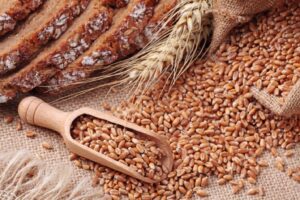
People normally ingest two kinds of grains: cereal grains and cereal grains. Whole grains include oats, quinoa, brown rice, and barley, as well as refined grains like white flour. The inflammatory response can be reduced by eating whole grains that contain all three sections of the grain: bran, seed, and endosperm. In contrast, refined grains that just use endosperm do the exact opposite. Selecting the proper grain for your knee discomfort can contribute significantly.
Brown Rice
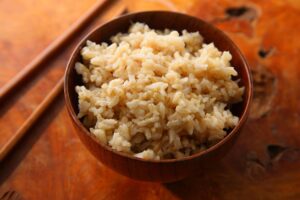
Brown rice includes hyaluronic acid, which is a lifesaver for people with joint difficulties. Hyaluronic acid is a natural lubricant that helps to reduce joint friction. It’s also known for being a shock absorber. As a result, it can prevent your knees from harm caused by jarring movements. Brown rice is a staple cuisine in many parts of the world. Hyaluronic acid’s properties have been used in therapies and the development of injectable to treat joint-related ailments. Brown rice is a natural source that may be ingested daily to help regenerate cartilage and minimize cartilage deterioration.
Seeds and Nuts
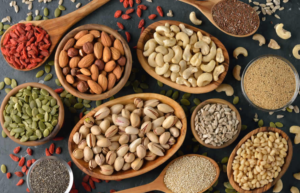
For vegans Omega-3 fatty acids are also involved in a wide variety of nuts and seeds. Walnuts, almonds, flax seeds, chia seeds, or pine nuts in little amounts daily could significantly lower inflammation in the joints and ligaments.
Oranges.

Collagen is a protein that is also required for the production of Vitamin C, which is another essential element of cartilage. Oranges include a significant quantity of Vitamin C, which aids in the formation of collagen, which aids in tissue healing.
Sweet potatoes
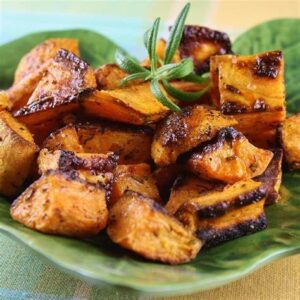
Potatoes are high in vitamin C, potassium, and calcium, all of which are beneficial to joint health. However, cyanidin is a type of antioxidant found solely in sweet potatoes.
It has been demonstrated to aid in decreasing inflammation by protecting the body from toxins in the digestive tract. Sweet potatoes are also high in carotenoids, which are only found in sweet potatoes. These are precursors to vitamin A, an antioxidant that has a lot of power.
Fish
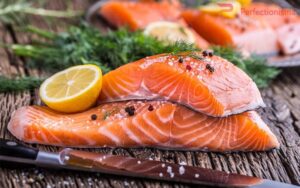
Vitamin D, calcium, and omega-3 fatty acids are all abundant in fish. Omega-3 fatty acids are well-known for their anti-inflammatory effects. It is extremely valuable to humans, but owing to bad dietary choices, not so many individuals are successful in obtaining it. If you don’t like fish or low-fat dairy, you might want to look into fish oil supplements.
